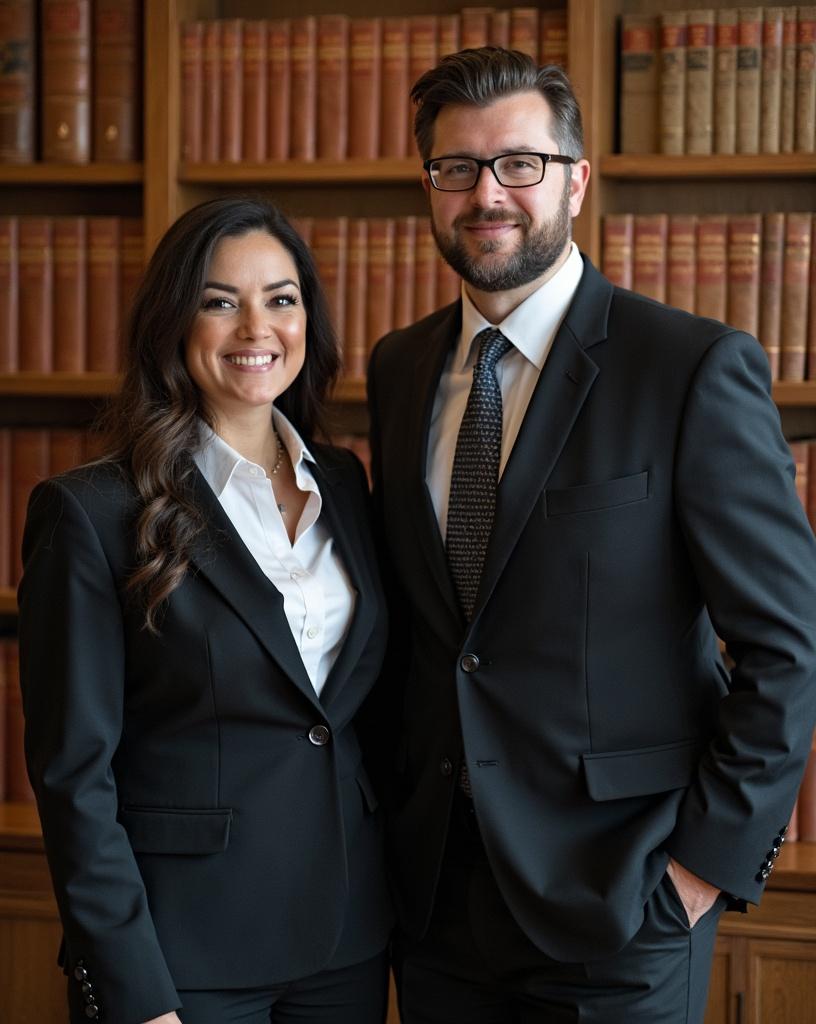The loss of a loved one can be one of life's most painful experiences, and when that loss results from someone else's negligence or misconduct, the emotional trauma can be overwhelming. Wrongful death lawyers play a pivotal role in seeking justice and compensation for grieving families. Understanding their role, how they operate, and what they bring to the table is crucial for anyone considering such a legal path.

What is a Wrongful Death Claim?
A wrongful death claim arises when a person dies due to the legal fault of another individual or entity. This could be from a variety of situations, including car accidents, medical malpractice, or defective products. The goal of a wrongful death lawsuit is to provide compensation to the deceased's survivors, often covering lost wages, funeral expenses, and loss of companionship. These suits are complex and demand a thorough understanding of the law, which is where wrongful death lawyers come in. For more in-depth information, you can check out this resource: What Are Things to Know About My Wrongful Death Case?.
Why Hire a Wrongful Death Lawyer?
Navigating a wrongful death lawsuit without professional help can be challenging. An experienced wrongful death lawyer can:
- Provide Knowledge and Experience: They understand the complexities and nuances of state-specific laws related to wrongful death.
- Handle Insurance Companies: Lawyers can negotiate on behalf of the family with insurance companies to ensure fair compensation.
- Gather Evidence: They are adept at collecting crucial evidence that can solidify the case.
- Provide Representation in Court: Should the case go to trial, skilled representation ensures the family's rights are upheld.
For further insights into the workings of wrongful death litigation, refer to Everything a Lawyer Wants You to Know About Wrongful Death.
The Process of Filing a Wrongful Death Lawsuit
The process of filing a wrongful death lawsuit can be intricate and involves several steps:
- Consultation: Initial meetings with a lawyer to discuss the case specifics.
- Investigation: Collecting evidence, interviewing witnesses, and building the case.
- Filing the Lawsuit: Submitting the necessary paperwork to the court to initiate the suit.
- Pre-Trial Processes: Includes discovery, motions, and settlement discussions.
- Trial: Presenting the case in front of the court if a settlement is not reached.
- Appeal: The process if the outcome is contested and either party decides to appeal.
Delving deeper into this, you might consider reading Wrongful Death Lawsuits.
Settlements vs. Trials in Wrongful Death Cases
Wrongful death lawsuits can end in either settlements or trials.
- Settlements: These are agreements reached between the disputing parties without a trial. Settlements might be preferred for quicker resolutions and reduced legal costs.
- Trials: These involve a judge or jury deciding the outcome based on the case's presented facts. Trials can be lengthier and riskier but might yield higher compensation.
In navigating either path, understanding the implications and strategies involved is vital. For more, visit Don't Lose Your Wrongful Death Case - What You Need to Know.
Cost of Hiring Wrongful Death Lawyers
While hiring a lawyer seems like an expense, many wrongful death attorneys work on a contingency fee basis, meaning they get paid only if the case is won. Here’s a sample fee structure based on current data:
| Service | Contingency Fee Percentage | Estimated Total Cost ($) |
|---|---|---|
| Filing Initial Paperwork | 33% | Varies |
| Pre-Trial Motions | 33%-40% | Varies |
| Out-of-Court Settlement | 30%-35% | Varies |
| Trial Representation | 35%-45% | Varies |
| Appeals Process | Additional 5%-10% | Extra |
The compensation structure provides access to legal assistance while alleviating upfront costs, making it more accessible for families seeking justice. This resource details the accountability brought through such lawsuits: Filing a Wrongful Death Lawsuit Can Bring Accountability.
In conclusion, wrongful death lawyers are pillars of support for families seeking justice for their lost loved ones. While the financial, emotional, and temporal investments might seem daunting, the justice, closure, and accountability provided by these legal proceedings are undeniably worthwhile.


